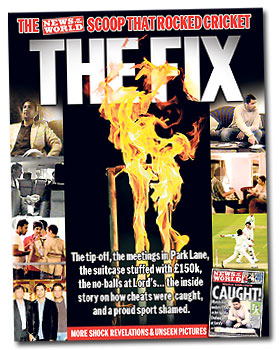An example of a call for further governmental-ization of sports governance comes from a group of the Parliamentary Assembly of the Council of Europe for a new international body to police corruption in sport. The Council of Europe is a 47-member body separate from the EU, with a focus on governance and culture, but with no ability to legislate. Its Parliamentary Assembly is comprised of members of parliaments the Council's member states.
Courtesy of Play the Game here is a summary of the call (full text here in PDF and more here from the COE) :
Will such calls become more common across international sport? It seems likely. The Council of Europe is expected to propose an international convention on match-fixing later this year.A call for the establishment of an International Agency to protect the integrity of sport supported by 60 MP’s was forwarded last week in Strasbourg at a special hearing on match-fixing and corruption hosted by the Council of Europe.
At the hearing, organised by PACE’s Committee on Culture, Science and Education, Cecilia Keaveney, President of the Youth and Sports Committee of the Council of Europe, intensified previous calls for action to protect sport by forwarding an International Written Declaration calling for the creation of an International Agency to protect the integrity of sport signed by 60 MP’s from 33 countries.
“Match-fixing is a clear and present danger to European sport. The need to create an international anti-corruption agency to protect sport is not a debating point, it is inevitable”, Keaveney said according to a press release.
While acknowledging an existing goodwill towards battling the threats to sport, Keaveney underlined that co-operation is vital to win the fight:
“The evidence to date indicates that, while many individuals and organisations are talking about the right issues, no-one is capable, on their own of delivering a meaningful solution. There is no time to lose.”

No comments:
Post a Comment